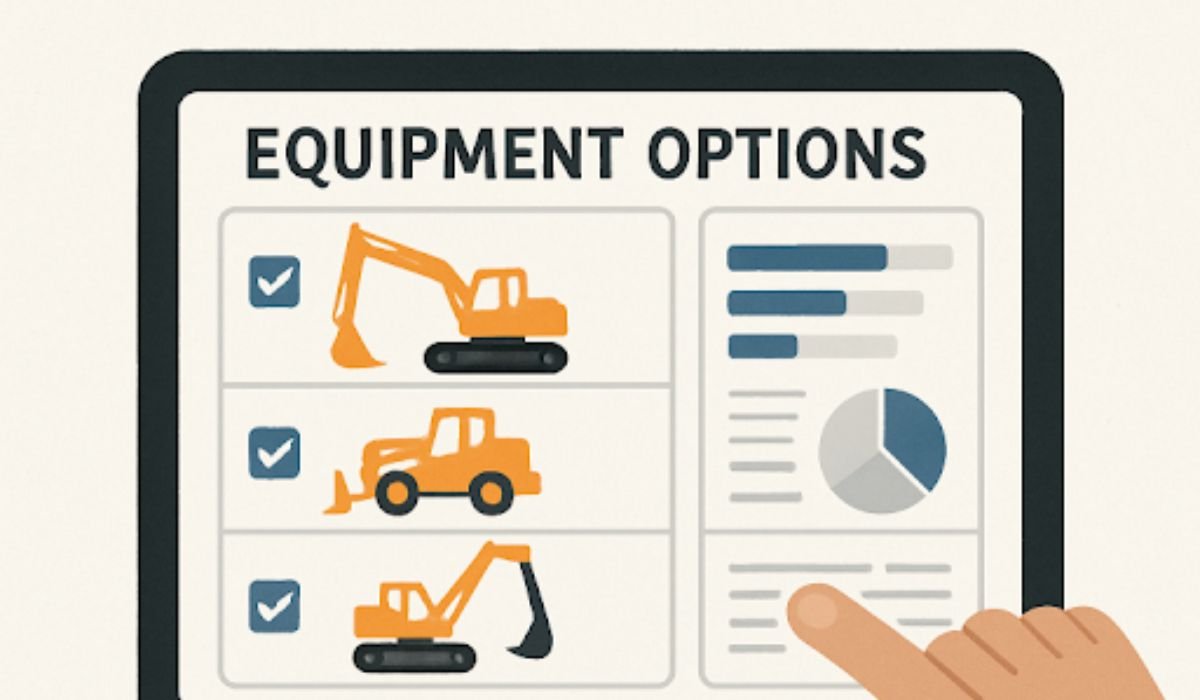The food industry is a dynamic and diverse field that offers a wide range of career opportunities. For chefs looking to transition from the kitchen to the boardroom, the journey can be both challenging and rewarding. Moving from a culinary role to a leadership position requires a combination of industry knowledge, business acumen, and strategic planning. This article will provide a comprehensive guide to help chefs navigate their career transitions successfully.
Understanding the Food Industry Landscape
The food industry encompasses various sectors, including restaurants, catering, food manufacturing, and distribution. Each sector has its own unique demands and opportunities. As a chef, it’s essential to understand the broader industry landscape and identify potential career paths that align with your skills and interests.
Building a Strong Foundation
Before making the transition from chef to CEO, it’s crucial to build a strong foundation. This involves gaining extensive experience in the culinary field, developing leadership skills, and acquiring knowledge in business management. Here are some key steps to consider:
1. Culinary Expertise
- Master Your Craft: Continuously refine your culinary skills and stay updated with the latest industry trends. Attend workshops, enroll in advanced culinary courses, and seek mentorship from experienced chefs.
- Diversify Your Experience: Work in various culinary settings, such as fine dining, casual dining, and catering. This will broaden your perspective and enhance your adaptability.
2. Leadership Development
- Take on Leadership Roles: Seek opportunities to lead kitchen teams, manage restaurant operations, and oversee food production processes. This will help you develop essential leadership qualities, such as decision-making, problem-solving, and team management.
- Learn from Mentors: Find mentors who have successfully transitioned from chefs to executives. Their guidance and insights can be invaluable in your career development.
3. Business Acumen
- Formal Education: Consider pursuing a degree or certification in business management, hospitality management, or a related field. Many universities and culinary schools offer specialized programs for culinary professionals.
- Hands-On Experience: Gain practical experience in areas such as finance, marketing, and human resources. This can be achieved through internships, job rotations, or by taking on additional responsibilities in your current role.
Developing a Strategic Plan
A well-thought-out strategic plan is essential for a successful transition. This plan should outline your career goals, identify potential challenges, and provide a roadmap for achieving your objectives. Here are some key components to include:
1. Set Clear Goals
Define your long-term career goals and break them down into smaller, achievable milestones. For example, your ultimate goal might be to become the CEO of a food manufacturing company, while short-term goals could include obtaining a business degree and gaining experience in food production management.
2. Identify Skill Gaps
Assess your current skills and identify areas where you need improvement. This could include business management, financial analysis, or marketing. Develop a plan to acquire these skills through education, training, and practical experience.
3. Build a Professional Network
Networking is crucial for career advancement. Attend industry conferences, join professional associations, and connect with industry leaders on social media platforms like LinkedIn. Building a strong professional network can open doors to new opportunities and provide valuable support during your transition.
Gaining Relevant Experience
Hands-on experience is vital for transitioning from chef to CEO. Seek opportunities to gain relevant experience in various aspects of the food industry. Here are some suggestions:
1. Work in Food Manufacturing
If your goal is to become a CEO of a food manufacturing company, consider gaining experience in food production and distribution. This could involve working in a manufacturing facility, overseeing quality control processes, and managing supply chains.
2. Manage a Restaurant or Catering Business
Managing a restaurant or catering business can provide valuable insights into business operations, financial management, and customer relations. It can also help you develop strategic thinking and decision-making skills. In addition, working in the restaurant industry can provide valuable experience in team leadership training.
3. Join a Food Industry Consultancy
Working for a food industry consultancy can provide exposure to various aspects of the industry, including market research, business development, and strategic planning. This experience can be invaluable for understanding industry trends and best practices.
Leveraging Your Culinary Background
Your culinary background can be a significant asset in your transition to a leadership role. Here are some ways to leverage your culinary expertise:
1. Innovation and Creativity
As a chef, you bring a unique perspective to the table. Use your creativity and innovative mindset to develop new product ideas, improve existing processes, and drive business growth.
2. Customer Focus
Chefs have a deep understanding of customer preferences and trends. Use this knowledge to develop customer-centric strategies, enhance product offerings, and improve customer satisfaction.
3. Operational Efficiency
Chefs are skilled at managing kitchen operations, optimizing workflows, and maintaining high-quality standards. Apply these skills to streamline business operations, reduce costs, and improve overall efficiency.
Pursuing Continuous Learning and Development
The food industry is constantly evolving, and continuous learning is essential for staying ahead. Stay updated with industry trends, technological advancements, and best practices through the following methods:
1. Professional Development Courses
Enroll in professional development courses and workshops to enhance your skills and knowledge. Many organizations offer specialized training programs for culinary professionals transitioning to leadership roles.
2. Industry Publications and Journals
Subscribe to industry publications and journals to stay informed about the latest trends, innovations, and market developments. This knowledge can help you make informed decisions and stay competitive.
3. Attend Conferences and Trade Shows
Participate in industry conferences, trade shows, and seminars to network with industry leaders, learn from experts, and gain insights into emerging trends. These events provide valuable opportunities for professional growth and development.
Overcoming Challenges
Transitioning from chef to CEO can be challenging, but with the right mindset and strategies, it is achievable. Here are some common challenges and tips for overcoming them:
1. Balancing Culinary and Business Skills
Balancing your culinary expertise with business skills can be challenging. Focus on continuous learning, seek mentorship, and delegate tasks to build a well-rounded skill set.
2. Adapting to a New Role
Transitioning to a leadership role requires adapting to new responsibilities and challenges. Be open to change, embrace new opportunities, and stay resilient in the face of setbacks.
3. Building Credibility
Building credibility as a leader in the food industry takes time. Demonstrate your expertise, deliver results, and build strong relationships with stakeholders to establish your credibility.
Conclusion
Transitioning from chef to CEO in the food industry is a rewarding journey that requires dedication, strategic planning, and continuous learning. By building a strong foundation, developing a strategic plan, gaining relevant experience, leveraging your culinary background, and overcoming challenges, you can successfully navigate this career transition. With the right mindset and approach, you can achieve your career goals and make a significant impact in the food industry.











